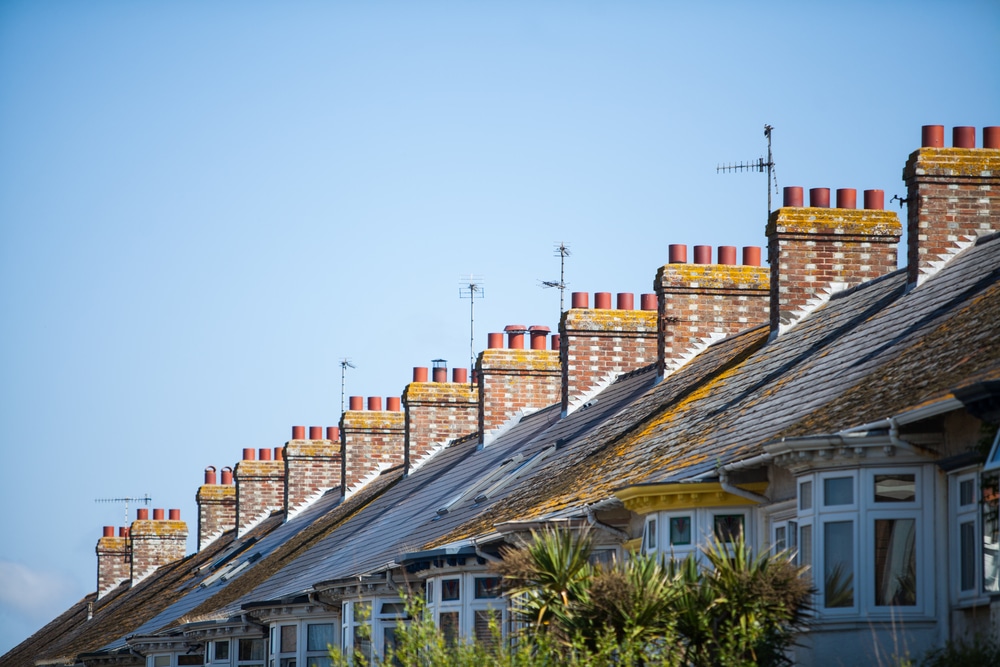The answer to levelling up? End the housing crisis so all have safe shelter.
THE ANSWER TO LEVELLING UP? END THE HOUSING CRISIS SO ALL HAVE SAFE SHELTER

Monday, 7 November
By Lucy Webb, Managing Consultant at Inner Circle Consulting
As the cost-of-living crisis and the housing crisis converge, we find our answer to the question of how to level up. It starts and ends with providing one of the very basic human rights: Shelter.
The government’s own definition says: “Levelling up means giving everyone the opportunity to flourish.” Sadly, for many millions right now, the chance to flourish would be a luxury. Their biggest challenge is to survive. A recent poll by the Energy and Climate Intelligence Unit found that 28 percent of people are already struggling to pay their bills and 47 percent expect to struggle in the future.
Many now have to choose between eating or heating, and many more are in danger of losing their homes completely.
This is no longer an issue for the most marginalised in our communities. The cost-of-living crisis is happening in most people’s homes. The energy bill crisis is happening in most people’s homes. The rising price of food is happening in most people’s homes. The increasingly relentless choice between eating or heating or paying the rent is happening in an increasing number of homes. But years of underinvestment in affordable homes and housing retrofit means that those homes become precarious as soon as other factors start to weigh in. Securing everyone’s home is the first step to re-establishing their security and opportunity to flourish. Here’s how to do it:
Government must get over its short-term thinking about housing and support housing ministers with muscle to tackle the issue properly and in a sustained and co-ordinated manner now across both the levelling up and housing briefs. That starts by expanding investment in social and truly affordable housing and ensuring more local authorities can access sufficient Homes England grants to counter the viability gap that’s being stoked by inflation and supply challenges. It must also fund an accelerated programme of retrofit so homes this winter and next can be made cheap and warm. We could have 500,000 homes ready this winter and another one million by next winter. We need also to see movement now on the Renter Reform Bill promised this parliament. Research shows that those in the private rented market are the most exposed to cold, leaky homes, expensive energy bills and a lack of landlord support.
To deliver the houses we need, we must develop the skills to build them. That means creating new jobs and opportunities. There are good examples to build on such as the Net Zero Hub in Portsmouth, a partnership between Portsmouth Council and City of Portsmouth College building the local skills and knowledge to install new housing technology and meet net zero commitments. The Optimised Retrofit programme in Wales brings together a consortium of 68 partners and is working with Cardiff University, Trinity Saint David’s, Swansea University and NPTC Group of Colleges to identify the key skills needed and where the most significant gaps will be.
Next, we have to get into the detail. For housing investment to reach the right homes in the right places, local authorities should be supported and equipped to directly deliver new homes, the retrofit of existing homes and the local employment skills training programmes they need to secure those chances for local residents. Relying on developers to do this doesn’t work. At Inner Circle Consulting, we have recently supported LB Camden with an ambitious initiative to tie their extensive retrofit scheme of 33,000 council properties into an employment and skills programme for local residents over a period of 30 years.
All of this is only effective if we are working with representative groups across the community to identify those most vulnerable to the impact of the current crises and ensure not just that they quickly receive short-term support but also that they are involved in devising solutions that go to the root of the issue. Data shows us that vulnerabilities are exacerbated by sex and race. According to the Women’s Budget Group, 67 percent of adults in homeless households are women and 60 percent of households claiming housing benefit are women. Two in ten BAME households across the UK live in unaffordable housing – according to the Joseph Rowntree Foundation – double the national average for white households. Again, there are innovators whose work we can follow here. LB Barking and Dagenham’s work with Xantura helped them target council intervention at those most vulnerable to face hardship in their lives; a partnership which paid huge dividends during the Covid-19 pandemic when the council had to work at speed to identify, target and support those most at risk.
If we start with the basics of providing that simple human right of warm and safe shelter and, in doing so, also work to tackle the vulnerabilities of sex and race, we create better futures for everyone.

